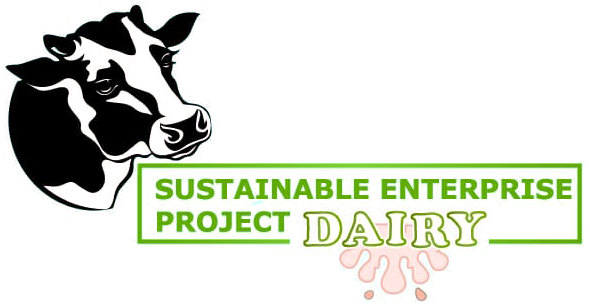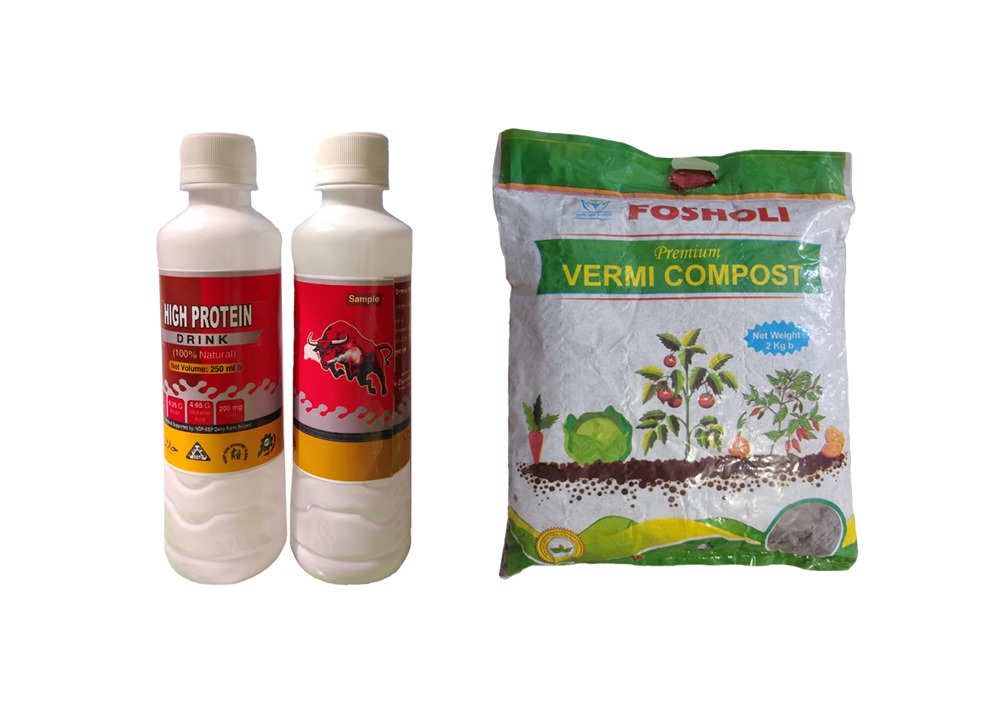Innovation of SEP
Sports drinks are beverages specially formulated for athletes as an alternative to water for boosting energy and hydration levels. Traditional sports drinks are loaded with artificial ingredients and sugar. With rising health concerns, consumers prefer nutritious ingredients with lower sugar content.
- Health Safety and Use of PPE (gloves, safety glasses, mask, apron, boots)
- First aid box, Fire safety management
- Safe drinking water, hygienic toilet and safe hand washing facility
- Remove overhead storage of the workers
- Arrange resting place / feeding area for workers
- Reduce water pollution by different activities (making water containing pits, chambers, filtration system, improved drainage system etc.)
- Safe production process, safe inputs, safe packaging and safe transportation system
- Activities those support to manage waste (Reduce, Reuse or Recycle)
- Sign, symbol or posters on environmental awareness
Whey Milk
The greenish watery part that is obtained after separating the whey from the milk is called milk whey or whey. There are mainly two types of proteins found in milk. One is casein protein and the other is whey protein. Dobu protein is said to be thrown away entirely. Chickpea water contains lactose, sugar, fatty acids and riboflavin which help in muscle building, increase immunity, bone formation and help in weight loss. Basically, because of throwing away whey protein, we are losing its nutrients as well as causing environmental pollution.
Processing whey protein to make it drinkable can help prevent environmental pollution as well as meet nutritional needs. Through the SEP-Dairy project and the head of the dairy science department of Bangladesh Agricultural University. Under the close supervision of Raihan Habib, work is being done tirelessly to prepare Zebu Protein as a tasty, healthy and delicious drink.
Trico Compost & Vermi Compost
Higher yields are required in agriculture to ensure food for the growing population. As a result, excessive use of various chemical fertilizers and pesticides has increased in the hope of higher yield. Long-term use of chemicals has reduced the number of beneficial organisms for the soil, and environmental pollution has also increased greatly. A total of 6 micro-entrepreneurs have started production of vermicompost and trichocompost in the initial phase with the aim of reducing environmental pollution in this large cluster. Among them, 2 small entrepreneurs have started commercial production of Tricho Compost and 4 small entrepreneurs have started production of Vermi Compost. An average of about 240-250 million tons of organic manure is being produced every month, and the main component of this organic manure is cow dung (80%). As a result, the environmental pollution in the clusters is decreasing at a great rate. And the use of organic fertilizers has increased the soil fertility as well as the quality and taste of the crops. Many farmers are becoming self-sufficient.
Silage production:
Silage production is a very important contribution of NDP, SEP dairy projects. Although the people of Potazia village produce Napier, Jambu grass and rear cows, they never produce silage. The Milkvita and Animal Resources Office has failed to produce silage in their 30 years of operation. After the coming of SEP dairy project, the farmers, especially the environment club, met at different times and finally, with them Shahid, Saidul, Morshed, Haji Malek of Potazia village, Bhutra silage was made for the first time on 51 bigha land. Upazila and District Directorate of Animal Resources welcomed this activity of SEP and they also saw Bhutra field and silage production process on the ground. 400 mt of silage they will feed their cows next monsoon. It will take less than 30% of the amount of grain food.

